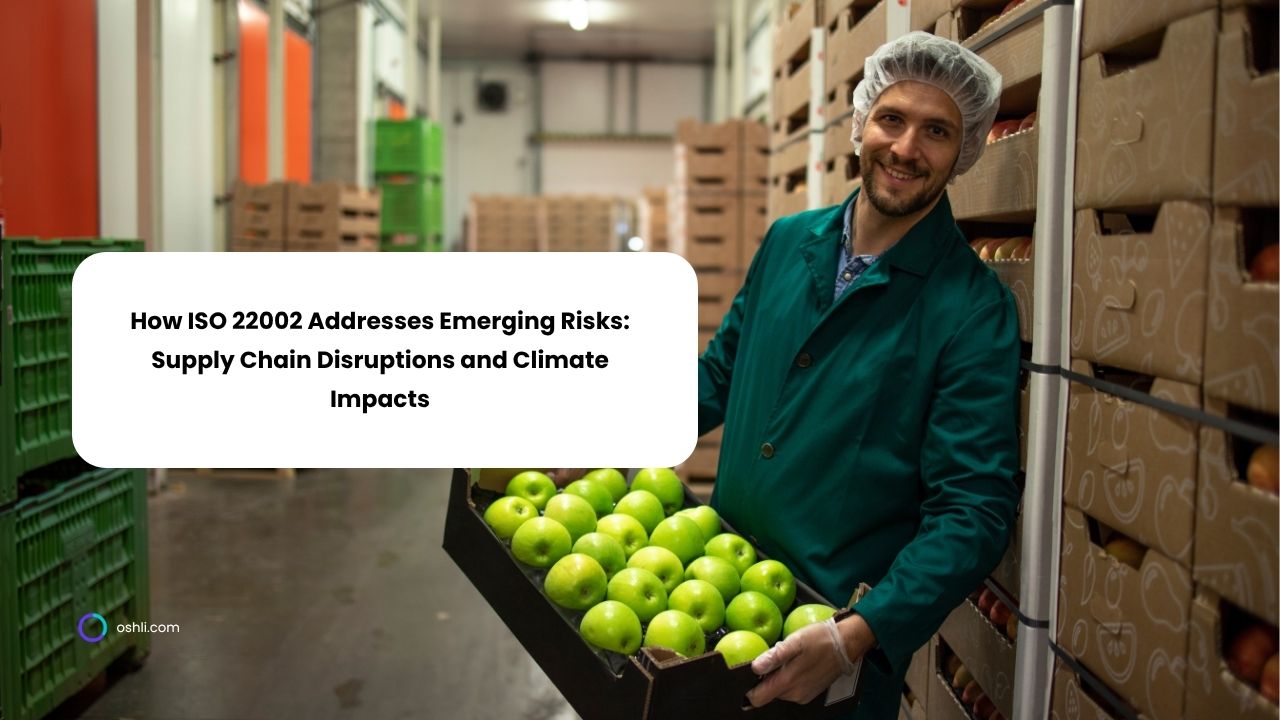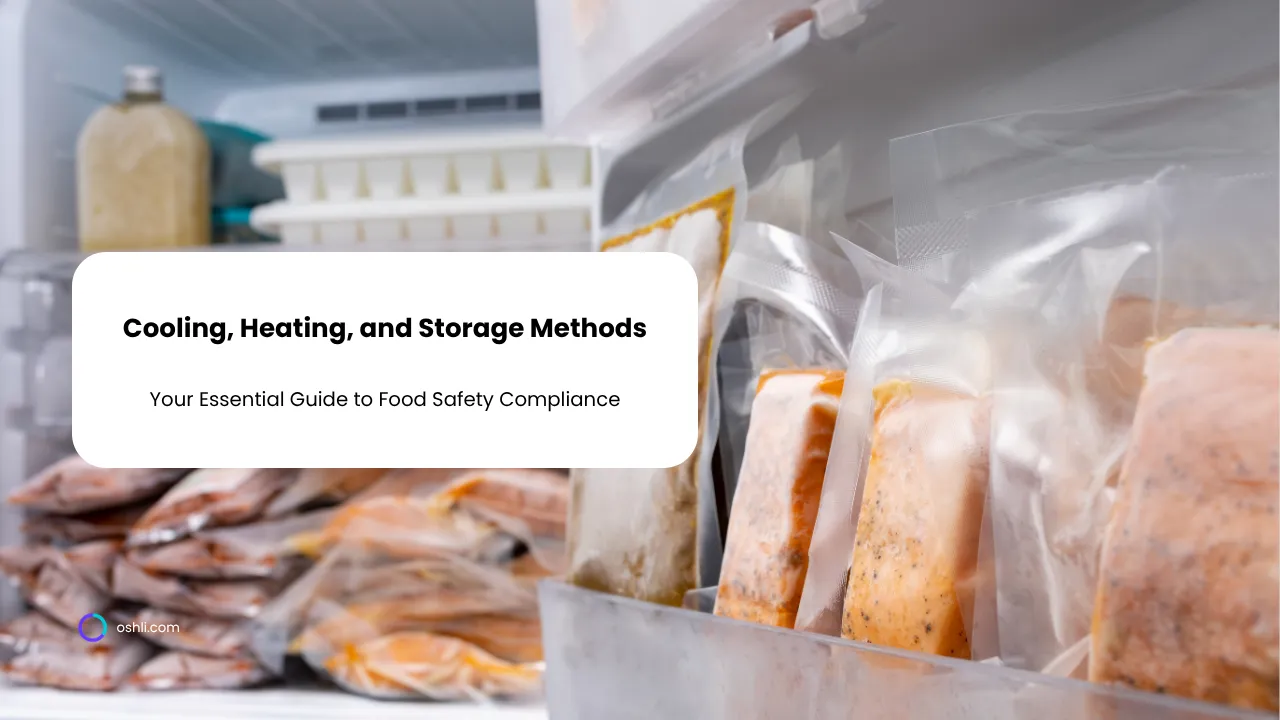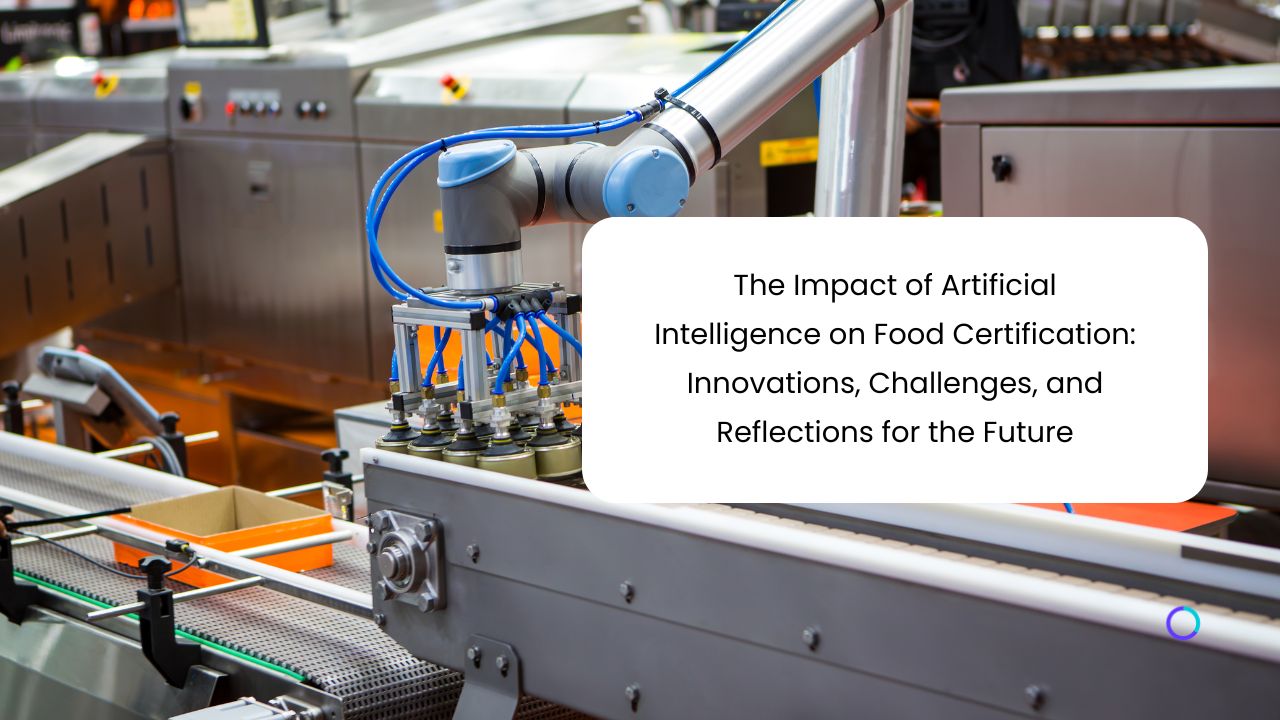ISO 22002: Managing Emerging Risks like Supply Chain Disruptions & Climate Impacts in Food Safety

How ISO 22002 Addresses Emerging Risks: Supply Chain Disruptions and Climate Impacts
In today's dynamic food industry, staying ahead of emerging risks is crucial for ensuring safety and sustainability. ISO 22002:2025, the updated standard for prerequisite programs (PRPs) on food safety, plays a pivotal role in this. With a professional yet approachable lens, let's dive into how it fortifies against supply chain disruptions and climate impacts—key concerns in food safety standards and ISO 22002 compliance.
Understanding ISO 22002
ISO 22002 outlines essential PRPs that complement ISO 22000's food safety management systems (FSMS). The 2025 revision incorporates modern challenges, including digitalization, food fraud, and notably, climate change and supply chain vulnerabilities. By embedding these, it ensures robust management of emerging risks in the food sector.
Tackling Supply Chain Disruptions
Supply chain disruptions—from pandemics and geopolitical tensions to natural disasters—can halt operations overnight. ISO 22002 addresses this through enhanced resilience measures, promoting supply chain risk management:
-
Risk Assessment and Mapping: Organizations must identify critical points in the supply chain and conduct regular vulnerability assessments. This proactive approach minimizes downtime and supports business continuity in the face of global uncertainties.
-
Traceability and Transparency: Mandating robust tracking systems ensures quick responses to issues, reducing recall scopes and maintaining consumer trust. In an era of frequent disruptions, this traceability is a cornerstone of food safety standards.
-
Supplier Management: Rigorous audits and contingency planning with suppliers build a resilient network, mitigating risks like delays or contamination from upstream failures.
By integrating these elements, businesses can weather disruptions, ensuring continuous food safety and operational efficiency.
Mitigating Climate Impacts
Climate change poses unique threats: extreme weather affecting crop yields, water scarcity, and increased contamination risks due to shifting ecosystems. ISO 22002:2025 explicitly includes climate action, aligning with broader sustainability goals:
-
Environmental Risk Integration: PRPs now require evaluating climate-related hazards in areas like hygiene, pest control, and facility design. For instance, adapting storage to floods or heatwaves prevents spoilage and contamination.
-
Sustainable Practices: It encourages low-carbon operations, resource efficiency, and biodiversity protection, helping the food industry reduce its environmental footprint while enhancing resilience.
-
Amendment Alignment: Echoing the ISO 22000:2018 climate amendment, it mandates considering climate in FSMS, fostering adaptive strategies for long-term viability amid rising global temperatures and erratic weather patterns.
These provisions empower organizations to build climate-resilient operations, addressing how climate change in the food industry intersects with safety protocols.
Benefits and Implementation Tips
Adopting ISO 22002 not only ensures compliance but boosts efficiency, reputation, and adaptability. Key benefits include reduced risk exposure, cost savings from preventive measures, and alignment with global regulations like those from GFSI.
To implement effectively:
-
Conduct a gap analysis against the 2025 updates.
-
Train cross-functional teams on emerging risks management.
-
Leverage technologies like IoT and AI for real-time monitoring.
-
Engage stakeholders for collaborative resilience building.
In conclusion, ISO 22002 equips the food industry to face emerging risks head-on, from supply chain disruptions to climate impacts. By prioritizing these food industry standards, you safeguard your operations and contribute to a sustainable future. Stay proactive, and let's build a safer, greener supply chain together.
Join our newsletter!
Enter your email to receive our latest news.
Don't worry, we don't spam
Related Articles

Guide to Developing a Professional Checklist for ISO 45001 Diagnostic Audits
The ISO 45001 standard establishes a framework for Occupational Health and Safety Management Systems (OHSMS), aiming to enhance employee safety, reduce workplace risks, and create safer working conditions. A diagnostic audit aligned with ISO 45001 is a proactive approach that allows organizations to assess current compliance, identify weaknesses, and prioritize improvements. Central to this process is a professionally structured checklist that ensures consistency, accuracy, and depth in audit execution.

Cooling, Heating, and Storage Methods: Your Essential Guide
Discover how to create a cooling, heating, and storage methods template to ensure food safety, meet compliance, and optimize temperature control with free templates.

The Impact of Artificial Intelligence on Food Certification: Innovations, Challenges, and Reflections for the Future
Food certification has long been a cornerstone for ensuring the quality, safety, and consumer trust in the products we eat. In recent years, artificial intelligence (AI) has been transforming various sectors—and food certification is no exception. This article, written in approximately 3000 words, dives deep into how AI is reshaping the world of food certification. It explores the benefits, the uncertainties, and raises questions that invite us to rethink the traditional models of food safety.


